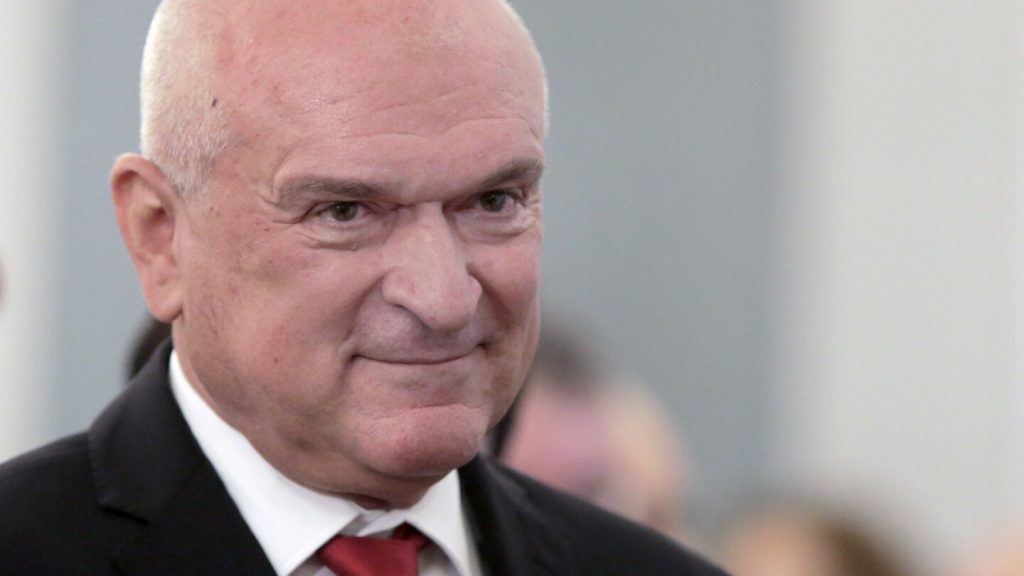Bulgaria’s parliament has approved an interim government to lead the country until snap parliamentary and European Parliament elections on June 9. The interim prime minister, Dimitar Glavchev, was sworn in along with his ministers in a ceremony at the National Assembly. Glavchev, a former legislator from the center-right GERB party, stated that his ministers are “equally distant from all political parties,” emphasizing their neutrality.
The formation of the interim government comes after the collapse of the coalition between the two largest political groups in Bulgaria, GERB and reformists. The disagreements between the former partners have led to concerns about the composition of the interim Cabinet. The reformists have criticized the dominance of their opponents in the government, particularly highlighting the appointment of Interior Minister Kalin Stoyanov, who has faced allegations of vote-buying during previous elections.
The main task of interim Prime Minister Glavchev will be to ensure a fair election in Bulgaria, a country known for its issues with corruption and income inequality. Analysts predict that the upcoming early election in June will result in a fragmented parliament, leading to further political instability. This instability could hinder Bulgaria’s progress towards joining the EU’s visa-free Schengen area and adopting the euro, as well as accessing EU recovery funds.
Civil groups and reformist leaders have expressed concerns about the potential influence of nationalist and pro-Russian parties in the upcoming election. These parties are seen as exploiting fears in Bulgarian society and benefiting from disinformation campaigns from Moscow. The deepening political crisis in the country, coupled with the rise of these parties, could further divide Bulgarian society and complicate the path towards EU integration.
The June election will mark the sixth parliamentary election in Bulgaria since April 2021, reflecting the ongoing political turmoil in the country. Despite Bulgaria’s history of free and democratic elections, issues like vote-buying and corporate voting have marred past election cycles. The interim government’s primary goal is to ensure a transparent and fair electoral process amidst growing concerns about the influence of external actors and the potential for electoral manipulation.
As Bulgaria navigates its political crisis and prepares for the upcoming election, the role of the interim government in organizing a free and fair vote will be crucial. The outcome of the June election will not only shape the country’s future political landscape but also have implications for its relations with the EU and other international actors. The challenges facing Bulgaria in the coming months highlight the need for strong governance and a commitment to democratic principles to overcome the current political impasse.


